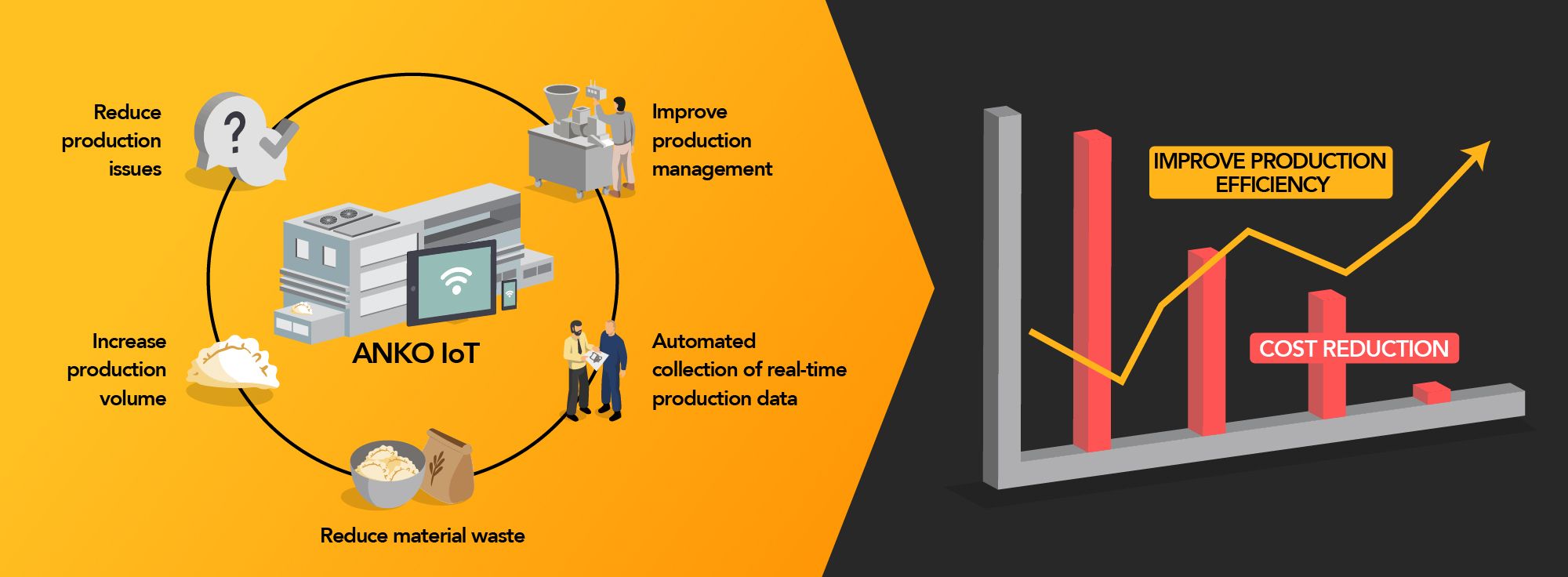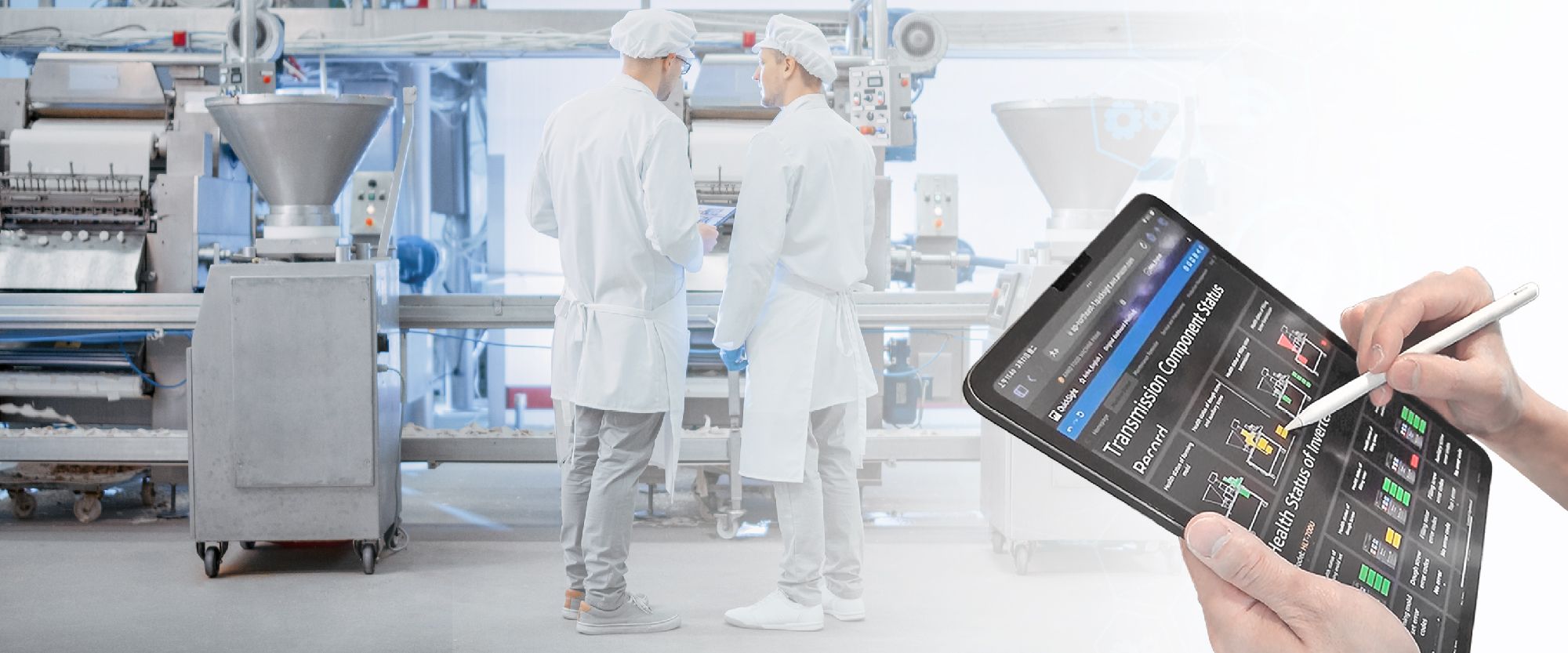AI and IoT Technological Innovations Drive Production Efficiency
22 Feb, 2024IoT (Internet of Things) technology can efficiently reduce manufacturing losses, eliminate downtime, improve product output, stabilize manufacturing processes, and improve working conditions in the food processing industry. Combining IoT with AI (Artificial Intelligence) transforms traditional manufacturing environments into intelligent processes by integrating complete monitoring, real-time data identification and optimization, and efficient production monitoring. The smart food processing age has come!
Global Food Manufacturers Face a Crisis: Lack of Labor, Worker Retention, and Increasing Production Costs
In 2023, the United States announced an increase in the minimum wage from $7.25 per hour in 2009 to an average hourly rate of $15.00 today. Australia recently disclosed a statutory minimum wage of $23.23 Australian dollars per hour, a staggering 8.65% increase and the highest in nearly 16 years. Despite widespread wage increases, employers still have difficulty finding skilled workers. The global food manufacturing industry is currently confronted with unprecedented challenges, including substantial increases in labor costs, soaring raw material prices, and the drastic impact of climate and political changes. Companies are grappling with suppressed operational efficiency, talent shortages, and difficulties in human resource management, all while addressing food safety concerns.
Technological Breakthrough: The Application of IoT in the Food Processing Industry
In traditional production lines, each machine typically requires a supervisor who relies on experienced technicians. The introduction of IoT breaks away from the traditional reliance on a large workforce and experienced personnel to manage a factory. It has been proven that IoT can effectively reduce labor requirements by at least 20%, achieving "one-click remote management." Via IoT-enabled intelligent remote monitoring, it is possible to effectively oversee "machine health," "downtime prevention," and "on-site production status." Additionally, AI's big data computational analysis provides "intelligent production parameters," offering optimal settings adjustments for various product productions and reducing reliance on technicians' experience. These systems represent new opportunities for technological breakthroughs in the traditional food manufacturing industry.

Taiwan's Leading Food Machinery Creates Success with Technological Innovations
ANKO Food Machinery has been Taiwan's leader in technological innovations and breakthroughs in the automated food production industry for nearly half a century. ANKO's General Manager, Richard Ouyang, states, "The automated food production process may seem simple, but the link between food production, packaging, shipping, quality control, and the lifespan extension of machinery and equipment presents many different challenges. We aim to help businesses produce more efficiently using IoT in automated production lines."
ANKO Food Machine's smart machinery focuses on two core developments. First is the "intelligent adjustment of production parameters module", allowing machines to adjust numerical values automatically. Verified results using this module show a 40% reduction in various process losses compared to manual methods. Secondly, by using the I/O module Smart Sensors to monitor and collect the vibration waveforms of machine operations, determining the health status of core components can be rapidly achieved. With "one click," you can transmit, analyze, and store data, saving expensive inspection time performed by a technician. Managers can now quickly access machine status anytime, anywhere, simply from a mobile device.
Artificial Intelligence is transforming the entire environment of traditional food manufacturing. The future of food machinery suppliers is dependent on intelligent production achieved by understanding and utilizing new technology. Through these innovations, food manufacturers worldwide aim to lower waste, reduce downtime and delays, and resolve longstanding difficulties in the food industry.

